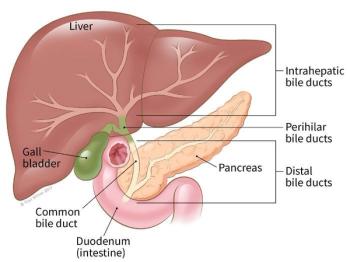
Hepatobiliary-phase enhanced imaging outperformed diffusion-weighted imaging in distinguishing intrahepatic mass-forming cholangiocarcinoma, but the accuracy is greater when these methods are used in tandem.

Hepatobiliary-phase enhanced imaging outperformed diffusion-weighted imaging in distinguishing intrahepatic mass-forming cholangiocarcinoma, but the accuracy is greater when these methods are used in tandem.
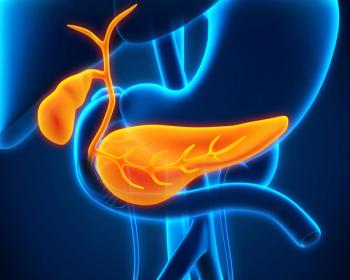
A retrospective study found low treatment adherence and no significant benefits to adjuvant chemotherapy or chemoradiotherapy following cholangiocarcinoma resection.

Recurrence is common in patients with distal cholangiocarcinoma, even after curative surgical resection. In a recent study, postoperative adjuvant therapy correlated with improved survival, but only in certain patients.

On this episode of Managed Care Cast, we bring you an excerpt of an interview with a co-chair of the 2022 Cholangiocarcinoma Foundation (CCF) annual conference, held earlier this year, about the significant unmet therapy needs facing most patients with this rare cancer.

The study from China sought to evaluate clinical factors associated with survival after recurrence following surgery in ICC.
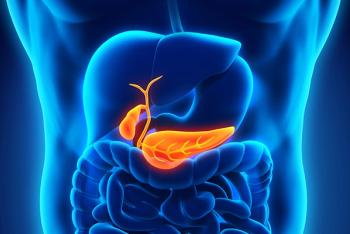
Authors wrote that their analysis was the first to combine incidence and mortality of overall BTC, and its anatomic subtypes, into a single study

Yuman Fong, MD, received the 2022 Flance-Karl Award from the American Surgical Association (ASA), and Leslie Bernstein, PhD, received the Margaret L. Kripke Legend Award for Promotion of Women in Cancer Medicine and Cancer Science.

Cholangiocarcinoma (CCA), or bile duct cancer, is classified by its location, with intrahepatic CCA (iCCA) referring to those cancers that form in bile ducts within the liver.

In patients with liver involvement, intrahepatic cholangiocarcinoma was a common diagnosis among some patients with cancer of unknown primary (CUP).

The project seeks to develop materials explaining chemotherapy regimens for patients with biliary tract cancers and then translate these materials into “standardized, high-quality, free, and easily accessible resources."

Patients were younger and had more advanced disease at diagnosis, according to the study.
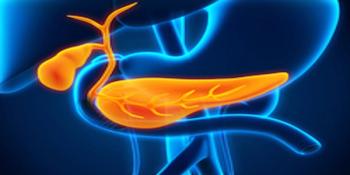
Expression of the chemokine receptor was linked with better overall survival.

Researchers presented results for ZB131, a monoclonal antibody that would target cancer-specific plectin (CSP); experiments with mice showed this may be present in more than 80% of the most common types of cholangiocarcinoma.

Analyzing whole-mount histologic large sections is not a new practice, but a new strategy was needed to fully characterize peripheral nerve invasion in hilar cholangiocarcinoma.
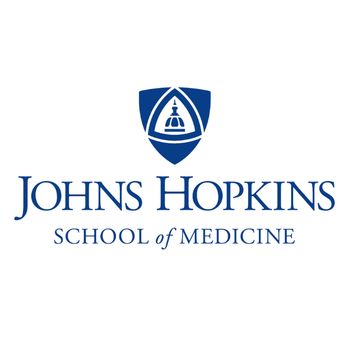
The authors found that the relationship between immunosuppressive cells and effector T cells in hilar and distal cholangiocarcinoma has important implications for treatment, in that the tumor microenvironment would likely need to be primed for a treatment strategy to be effective.
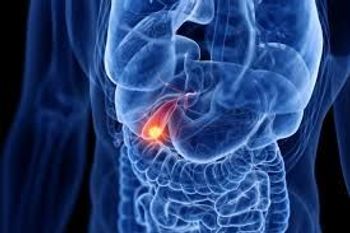
In this case, a patient died 18 months following his transplant after developing de novo intrahepatic cholangiocarcinoma.
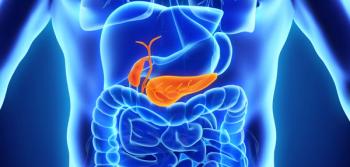
The authors say delivering FOLFOX via transarterial infusion could be a “perfect option for treating intrahepatic cholangiocarcinoma before patients receive targeted therapy, immunotherapy, or radiotherapy.
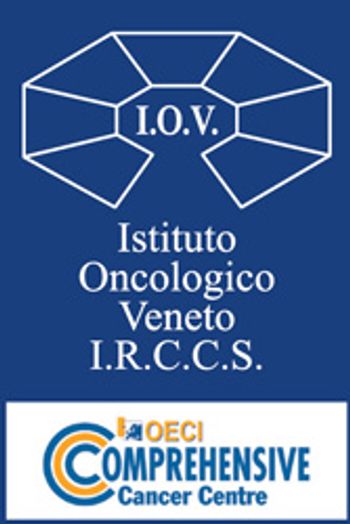
The study by the Veneto Institute of Oncology (IOV) in Padua, Italy, examined 286 patients for genomic mutations in cholangiocarcinoma as well as survival status.

A recommendation to test for the mutation aligns with calls to identify biomarkers in cholangiocarcinoma to guide treatment.
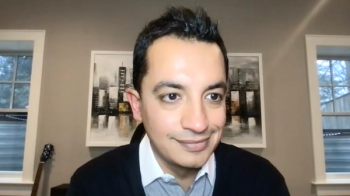
Sunil Verma, MD, senior vice president and global head of oncology, medical, at AstraZeneca, talks about advancements in standards of care for uncommon cancers, including cholangiocarcinoma.

A study from Japan identifies markers for a presurgical staging system in intrahepatic cholangiocarcinoma, with results on par with an existing postsurgical staging system.

Sunil Verma, MD, senior vice president and global head of oncology, medical, at AstraZeneca, discusses safety findings of the TOPAZ-1 trial.

Rachna Shroff, MD, associate dean of clinical and translational research and associate professor of medicine at the University of Arizona, offered a review of early-stage research in her talk, “The Hottest Targeted Therapies on the Horizon for Cholangiocarcinoma.”

The co-chairs of the Cholangiocarcinoma Foundation 2022 meeting, Lipika Goyal, MD, MPhil, of Harvard and Massachusetts General Hospital, and Jesper B, Andersen, PhD, of the University of Copenhagen, Denmark, reviewed clinical and scientific developments.

Sunil Verma, MD, senior vice president and global head of oncology, medical, at AstraZeneca, discusses the addition of durvalumab to a chemotherapy regimen of gemcitabine and cisplatin for biliary duct cancer.

259 Prospect Plains Rd, Bldg H
Cranbury, NJ 08512
© 2025 MJH Life Sciences®
All rights reserved.
